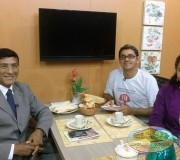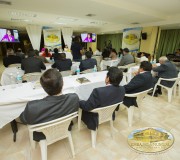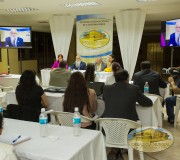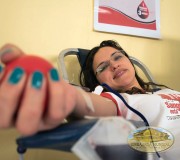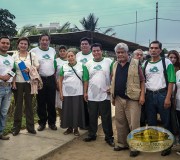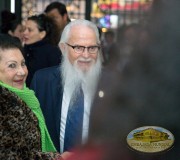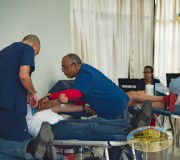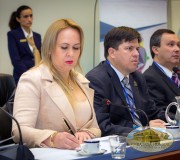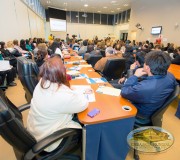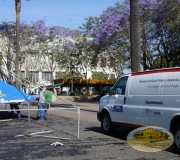
Proposals for a Culture of Peace at ALIUP’s IV International Seminar in Venezuela
With the objective of building a culture of peace through education, the International Alliance of Universities for Peace (ALIUP) continues to develop academic assemblies in various countries for the preparation of collaborative proposals for plans, programs and projects to enrich higher education, this time in Venezuela with the IV International Seminar - Challenges of Higher Education in Human Development and Society.
